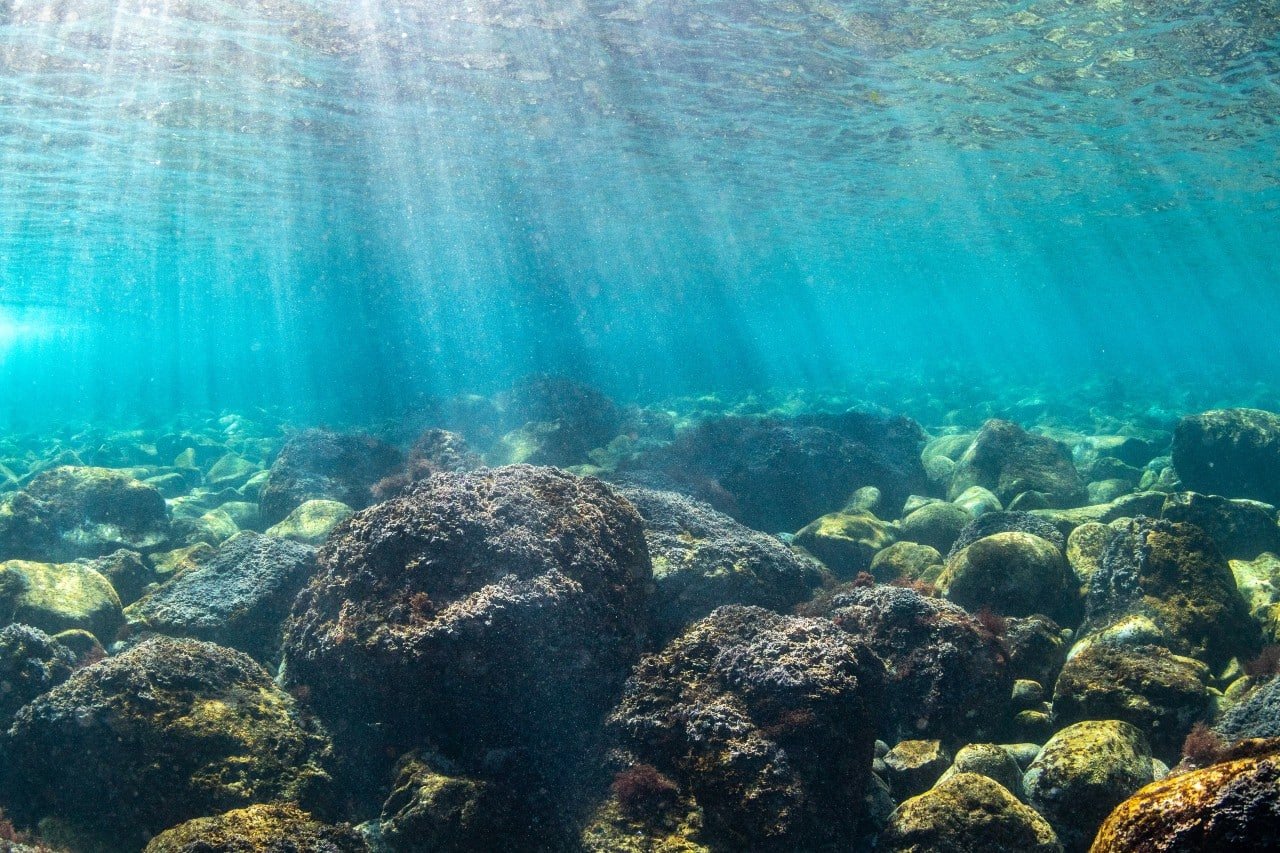Monday, 23 February 2026

The one-year study, conducted jointly by CMFRI and CIFT, will engage fishermen and trawlers to assess the potential for harvesting deep-sea fish and investigate sustainable fishing practices at depths ranging from 200 to 1,000 meters
India has initiated a collaborative pilot study within its exclusive economic zone (EEZ) to explore and harness untapped deep-sea resources. The joint research will be carried out by the Central Marine Fisheries Research Institute (CMFRI) and the Central Institute of Fisheries Technology (CIFT), with financial backing from the National Fisheries Development Board under the Pradhan Mantri Matsya Sampada Yojana.
The project, which involves fishermen and commercial trawlers, aims to estimate the harvestable potential of mesopelagic resources. The research will assess the feasibility of large-scale exploitation of these resources, focusing on species found at depths of 200-1,000 meters, such as myctophids. These fish are among the most abundant yet largely underutilized resources globally and have significant industrial applications in fishmeal, nutraceuticals, and bioactive compounds.
Grinson George, Director of CMFRI, highlighted the importance of the project amid global concerns about overfishing of commercially important species used for fishmeal production. He emphasized that the initiative seeks to explore sustainable alternatives to reduce reliance on traditional fish stocks.
The study’s primary goal is to alleviate pressure on coastal and pelagic fisheries by harnessing mesopelagic species in a more balanced approach to marine resource management. The research will focus on estimating the potential for harvest, developing sustainable fishing methods, exploring value-added applications, and assessing commercial exploitation feasibility while ensuring ecological sustainability.
Grinson George also mentioned that preliminary estimates suggest there are around 2 million tonnes of mesopelagic resources in Indian waters. Collaborative efforts with CIFT will be key to developing efficient harvesting technologies and post-harvest processing methods.
George Ninan, Director of CIFT, pointed out the industrial significance of these resources, noting that they form a key part of the fishing industry in countries like Oman. He added that the one-year study will provide crucial insights into the most effective and sustainable ways to utilize these deep-sea resources.
CMFRI’s Principal Scientist Sujitha Thomas is leading the research, with CIFT’s Ramesan MP serving as the project’s lead investigator.